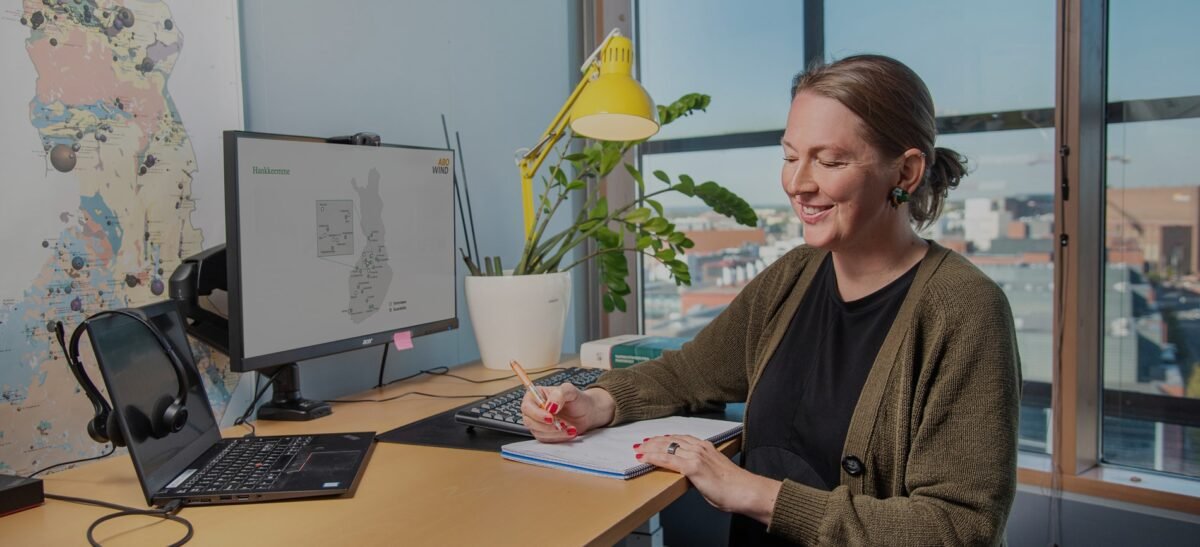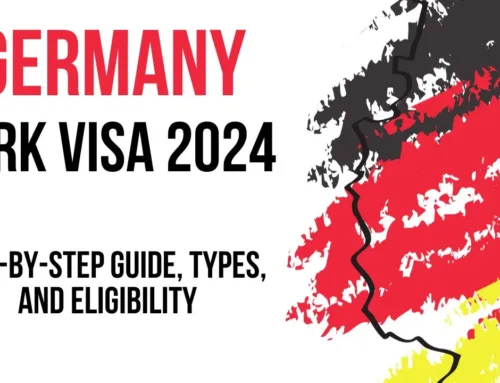German Healthcare System: Pathway for Healthcare Professionals to Work in Germany
Germany, renowned for its advanced healthcare system and high standard of living, has become an attractive destination for healthcare professionals worldwide. This blog post outlines the process for healthcare professionals seeking to work in Germany, from meeting eligibility requirements to integrating into the German healthcare system.
Understanding the Demand for Healthcare Professionals in Germany
Germany is experiencing a significant shortage of healthcare professionals, including doctors, nurses, and allied health workers. This shortage creates abundant opportunities for qualified professionals to secure employment and advance their careers in the country’s robust healthcare sector.
Why Choose Germany?
Germany’s healthcare system is one of the most efficient in the world, providing excellent care to its citizens and residents. The country invests heavily in medical technology and training, making it an ideal environment for healthcare professionals to thrive. Additionally, the German healthcare system is characterized by its:
- Universal Coverage: Nearly all residents have access to health insurance, ensuring a steady demand for healthcare services.
- Support for Work-Life Balance: Germany is known for its favorable working conditions, including regulated working hours and generous vacation days.
- Opportunities for Advancement: The structured professional development pathways and specialization options available for healthcare professionals make it an attractive choice.

Steps to Work as a Healthcare Professional in Germany
1. Check Eligibility Requirements
Before starting the application process, ensure you meet the basic eligibility criteria:
- Qualifications: You must hold a recognized qualification in your healthcare field. Non-EU qualifications require validation through a recognition process.
- Language Proficiency: Proficiency in German is crucial. Healthcare professionals typically need at least a B2 level of German proficiency for effective communication in medical settings.
- Professional Experience: While not always mandatory, relevant work experience enhances your prospects of finding a job.
2. Obtain Recognition of Your Qualifications
Non-EU qualifications must undergo recognition in Germany, comparing them to local standards.
- Anerkennung Process: This recognition process, known as Anerkennung, varies by profession and region. Detailed information is available on the Anerkennung in Deutschland website.
- Required Documents: Prepare your diploma, transcripts, professional license, and proof of work experience. All documents must be translated into German.
3. Improve Your German Language Skills
German proficiency is essential for working in the healthcare system.
- Language Courses: Enroll in accredited German language courses tailored for healthcare professionals. Many institutions offer programs designed specifically for medical terminology.
- Certification: Obtain a language proficiency certificate such as the Goethe-Zertifikat or TELC Deutsch. These certifications are often prerequisites for job applications.
4. Apply for Jobs
Once your qualifications are recognized and you have sufficient language skills, begin applying for healthcare positions.
- Job Portals: Utilize specialized platforms like Indeed Germany, StepStone, Ärzteblatt, and Medi-Jobs.
- Networking: Attend healthcare job fairs and connect with recruiters to expand your job search. Platforms like LinkedIn can also help you connect with industry professionals.
5. Apply for a Work Visa
Upon securing a job offer, apply for a work visa to legally work and reside in Germany.
- Visa Types: The EU Blue Card is common for highly skilled workers, requiring a recognized degree and a specified minimum salary. Alternatively, apply for a general work visa.
- Required Documents: Gather your passport, job offer, recognized qualifications, language certificate, proof of health insurance, and completed visa application form.
- Application Process: Apply at the German embassy or consulate in your home country. Begin this process well in advance due to varying processing times.

6. Relocate and Register
After receiving your visa, relocate to Germany to begin your new position.
- Residence Registration: Register your address at the local Registration Office (Einwohnermeldeamt) within two weeks of arrival. This step is essential for tax and social security purposes.
- Tax ID and Health Insurance: Obtain a tax ID (Steueridentifikationsnummer) and enroll in health insurance, often facilitated by your employer. Make sure to choose a health insurance provider that suits your needs.
7. Integrating into the German Healthcare System
Adaptation Period and Knowledge Tests
Depending on your profession, you may undergo an adaptation period or knowledge test to demonstrate your competency within the German healthcare system. This process ensures that you are familiar with local practices and regulations.
Orientation Programs
Many healthcare institutions offer orientation programs to familiarize foreign professionals with local healthcare practices, hospital protocols, and patient care standards. These programs can significantly ease your transition into the German system.
Continuing Professional Development
Stay updated with advancements in your field by participating in workshops, conferences, and continuing education programs. This ongoing learning not only enhances your skills but also helps you stay competitive in the job market.
Conclusion
Working as a healthcare professional in Germany offers a rewarding career path with ample opportunities for professional growth and development. By following these steps—from validating your qualifications to integrating into the healthcare system—you can successfully navigate the process of working in Germany’s esteemed healthcare sector.
The country’s demand for skilled healthcare professionals underscores its commitment to providing high-quality healthcare services. Whether you are a doctor, nurse, or allied health worker, Germany presents a landscape rich in opportunities.
For additional resources on working in Germany, visit Chancenkarte for insights and guidance tailored to healthcare professionals.
Stay tuned for upcoming articles where we will delve deeper into specific healthcare professions, offering comprehensive guidance and tips to help you excel in your career in Germany.
Contact us for more information or assistance as you embark on your journey to work in Germany.



